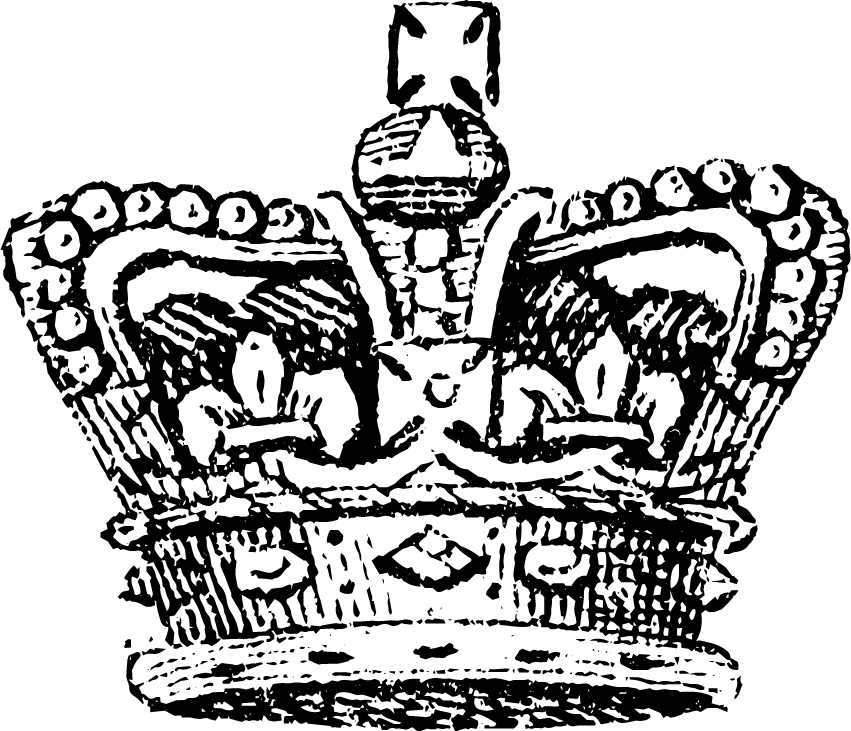Healthy is Wealthy
Antioxidants for Alzheimer’s Disease
Antioxidants May Help Protect the Brain from Alzheimer’s
A new study shows a strong link between low antioxidant levels and Alzheimer’s disease. The study in the Journal of Alzheimer’s Disease found something important. People with Alzheimer’s had nearly 50% less of five important antioxidants. This was compared to those who do not have the disease. Professor C. Kathleen Dorey from Virginia Tech led the study. It shows that eating foods rich in antioxidants may help brain health.
Key Findings from the Study
Scientists studied 31 donated brains, with most coming from people with Alzheimer’s. They discovered that five key antioxidants were much lower in these individuals:
-
Lycopene – Found in tomatoes, watermelon, and red grapefruit.
-
Retinol (Vitamin A) – Found in dairy, eggs, and liver. Also comes from beta-carotene in carrots, spinach, and sweet potatoes.
-
Lutein – Found in spinach, kale, egg yolks, and corn.
-
Zeaxanthin – Found in orange peppers, grapes, goji berries, and mangoes.
-
Vitamin E – Found in nuts, seeds, plant oils, avocados, and spinach.
Why Antioxidants Matter for Brain Health
These antioxidants help protect brain cells by fighting oxidative stress. Low levels may raise the risk of brain damage linked to Alzheimer’s.
The research backs earlier studies. Higher levels of antioxidants and carotenoids are connected to a lower risk of Alzheimer’s disease.
Some examples of these carotenoids are lycopene, lutein, and zeaxanthin.
Can Diet Help Reduce Alzheimer’s Risk?
Experts believe that antioxidant-rich diets could play a major role in reducing the risk of cognitive decline. One such diet is the MIND diet, which emphasizes:
✅ Fruits & Vegetables (especially leafy greens)
✅ Legumes & Nuts (rich in brain-boosting nutrients)
✅ Fish (a source of Omega-3s and antioxidants)
❌ Minimal meat, dairy, and processed sweets
Studies show that people who follow the MIND diet have a lower risk of Alzheimer’s disease. They also keep better cognitive function as they age.
“This study, for the first time, demonstrates deficits in important dietary antioxidants in Alzheimer’s brains,” Dorey explained.
She added, “We believe eating carotenoid-rich diets will help keep brains in top condition at all ages.”
Recognizing the Warning Signs of Alzheimer’s Disease
If you or a loved one are experiencing memory loss or cognitive issues, seeking early medical evaluation is essential. Consulting a doctor, neurologist, or neuropsychologist can help determine the next steps.
According to the AARP, the most common warning signs of Alzheimer’s disease include:
✔️ Difficulty managing daily tasks (e.g., tracking bills, following a recipe)
✔️ Repetitive behaviors (asking the same question multiple times)
✔️ Struggling to find the right words
✔️ Getting lost in familiar places
✔️ Personality changes (increased anxiety, confusion, or paranoia)
✔️ Disorientation regarding time and place
✔️ Misplacing items in unusual locations
✔️ Neglecting hygiene and self-care
✔️ Trouble handling money (making financial mistakes)
✔️ Sudden loss of interest in social activities
✔️ Forgetting significant life events
Concerned About Memory Loss?
Research continues to highlight the critical role of antioxidants for Alzheimer’s disease prevention. There’s no cure for Alzheimer’s yet, but eating foods rich in antioxidants may help protect your brain and slow memory loss. If you’re noticing signs of memory decline or Alzheimer’s, don’t wait. Talk to a doctor today to explore treatment options and simple lifestyle changes that can support your brain health.
❓ FAQ
Q: What should I do if I notice memory problems or early Alzheimer’s symptoms?
A: If you’re concerned about memory loss or signs of Alzheimer’s, speak with a healthcare professional. They can recommend helpful lifestyle changes, run tests, and guide you on possible treatment options.



















